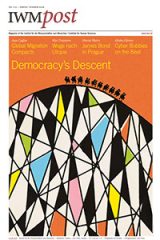

In collaboration with
Institute for Human Sciences
The Institute for Human Sciences / Institut für die Wissenschaften vom Menschen (IWM) is an independent institute for advanced study in the humanities and social sciences. Since its foundation in 1982, it has hosted more than 1500 scholars, journalists and translators from all over the world. Many of the Institute’s Permanent and Visiting Fellows are regular contributors to Eurozine or its focal points The World in Pieces and Ukraine in European Dialogue (see below).
Website: www.iwm.at
X (formerly known as Twitter): https://x.com/iwm_vienna
Youtube: https://www.youtube.com/channel/UCIwFQ_iRX8w8D0NKJo41Ihw

Articles
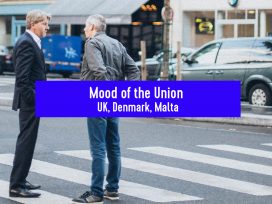
The elections that were never meant to be
The UK, Denmark and Malta before the EP elections
In May, the UK will be holding the EU elections that were never meant to be. With the party system in Britain a state of flux, they will provide the first real picture since the start of the Brexit negotiations of the will of the electorate. In Denmark, the elections will be indicative of the mood of the nation before a significant general election, while in Malta they take place amidst a controversial debate about corruption and the rule of law.
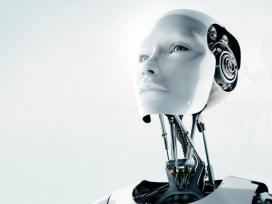
And we dream as electric sheep
On humanity, sexuality and digitality
As a bruised apple attracts flies, human thoughtlessness draws algorithms. Digital beings encourage our false beliefs, exploit our anxieties, and then use us as alibis for what they have done. Timothy Snyder examines what Turing said about the digital threat to a human future.
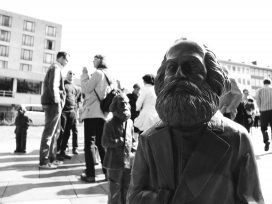
Puzzled by the simultaneity of new authoritarians welling up across the globe, we seek common historical causes. But figures like Orbán and Kaczyński may be better explained by convergences in political strategy. One such is their abandoning of ’89 as a historical touchstone, argues Holly Case.
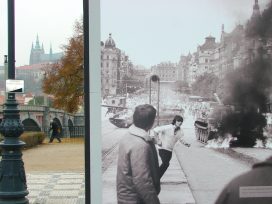
For Czechs and Slovaks, the years 1918, 1938, 1948 and 1968 carry deeply mixed memories – an ambivalence reflecting anxieties about the past and the future of the two nations. Historian Jacques Rupnik reads the Czechoslovak ‘eights’ as a seismograph of the European predicament at crucial junctures during the twentieth century.
Focal points

Inspired by a lecture that Clifford Geertz delivered in 1995 at the Institute for Human Sciences in Vienna, this focal point engages with ‘deep diversity’, ‘a sense of dispersion, of particularity, of complexity and of uncenteredness’ rather than unified world order. It follows the launch of a research programme of the same name at the institute in January 2023.

Post-revolutionary Ukrainian society displays a unique mix of hope, enthusiasm, social creativity, collective trauma of war, radicalism and disillusionment. With the Maidan becoming history, the focal point ‘Ukraine in European Dialogue’ explores the new challenges facing the young democracy, its place in Europe, and the lessons it might offer for the future of the European project.
Projects and publications
